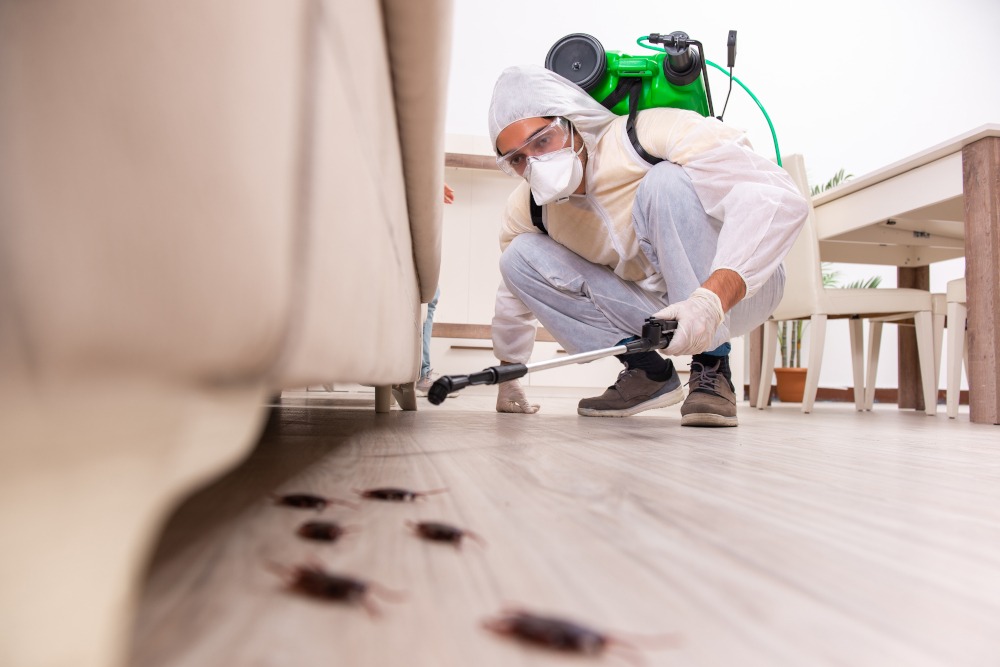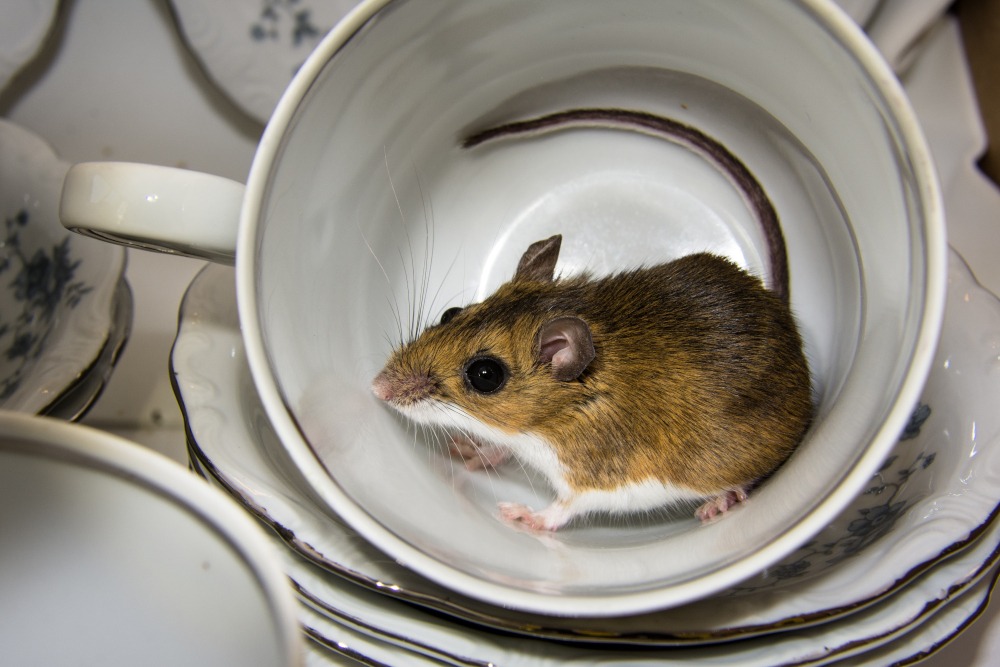With the technologies we have today, why are pests still so common? Why haven’t we been able to make them go extinct? You may have asked yourself these questions while facing a pest problem. Getting rid of pests is incredibly frustrating, and it makes you wonder how they got there in the first place.
There are a few reasons why pests are still problematic – it all comes down to their strong survival skills. If you have any more questions, or if you need help getting rid of pests, reach out to The Exterminators in Lindsay.
Pests are sneaky
Pests have evolved to be parasitic. The stealthier they are, the more likely they can get away with things. If bed bugs were big and noisy, they wouldn’t have gotten this far. Instead, they are tiny and flat, so they can hide extremely well. They’ve also got numbing agents in their saliva, so we don’t feel them bite. These characteristics are what allow the species to survive and continue to be a problem.
They breed very quickly
Another major reason why pests continue to thrive is their ability to reproduce quickly. Within weeks, one single pregnant cockroach can result in a massive infestation. Pests have quick gestation periods and large litters. So, they multiply in no time at all. Mice, rats, and cockroaches breed all year-round and take no breaks, so long as there is food available.
Breeding quickly makes it easier for pests to survive extermination. All it takes is an egg, a pregnant female, or two surviving pests for the colony to repopulate.
Pests develop pesticide resistances
Using the same pesticides repeatedly affects the gene pool. Pests that do not resist a pesticide die, while those that do survive get to reproduce. Thus, the next generation is more likely to resist the pesticides that failed to kill their parents.
Bed bugs are famous for this phenomenon. For decades, people believed they were a thing of the past. Then, sometime in the 1970s, bed bugs came back with a vengeance. They’re more common now than ever before. Thanks to their resistances, pest control professionals are always updating their pesticides and using different extermination techniques.
Tips to avoid pests
Worried about getting pests? Here are some helpful tips to keep them out of your house.
- Keep the house clean. Dirty floors and countertops will attract pests because they smell like food. So, keep the surfaces in your home clean. Put food away after every meal and do the dishes every day. You should also use lidded garbage cans and sealed containers for your food.
- Seal entry points. Mice and insects get into the house somehow. Grab an expanding foam and seal any gaps you find in your kitchen cabinets. Then, weatherstrip your doors to the outside and seal cracks in the walls with silicone. Make sure that you window screens are in good shape.
- Watch out for bed bugs. Be careful when buying used furniture and using laundromats. Inspect things carefully, especially after staying in a hotel.
- Reduce humidity. Pests love humid homes, because they indicate that there is water nearby. Some bugs need humidity to survive altogether. So, keep the humidity in your home somewhere between 40 and 60%. Use a dehumidifier if you need one.
- Use deterrents. Perimeter treatments help to keep insects out of the house during the summer. You can also set up ultrasonic deterrents that help keep rodents at bay. Place these near doors and potential entry points.
- Hire a pest control expert. Professionals can not only get rid of pests but help to prevent them with their exclusion services. They can inspect your property, then block off every entry point so that pests can’t get inside.
Conclusion
Pests are hardy creatures that have evolved to withstand the test of time. They have been around for millions of years and have no intention of stopping. The key to preventing a pest problem in your home is to get rid of food sources and make it as difficult as possible for the pests to get inside. If you need help, contact a local pest control company for an inspection and exclusion service.

